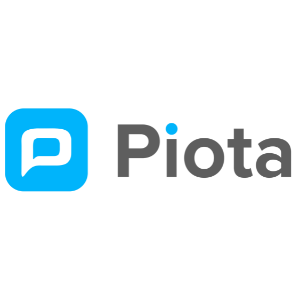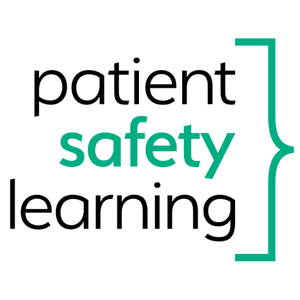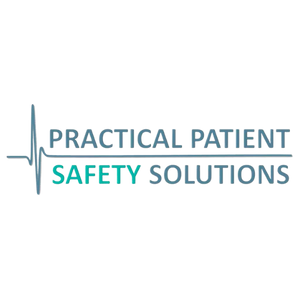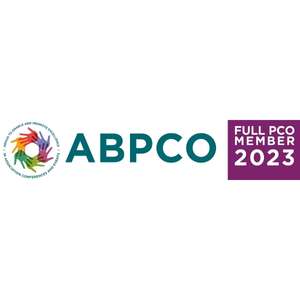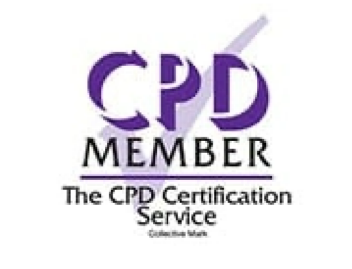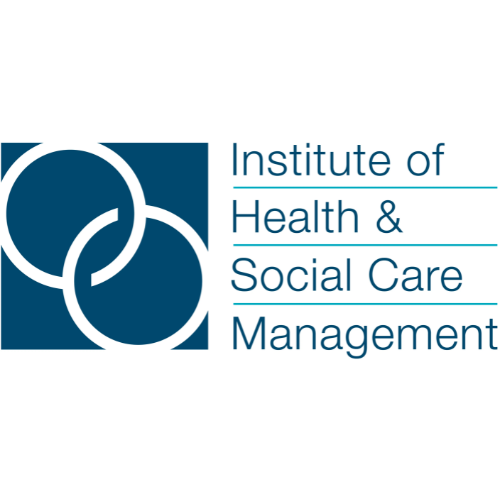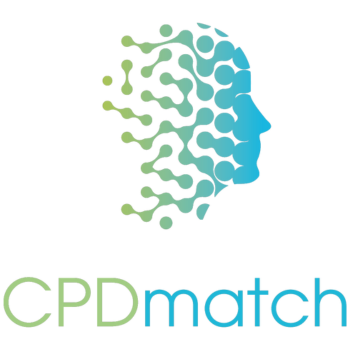The programme
10:30
Dedicated Healthcare Apps to keep us safe
Chris Elkin
Head of Healthcare
Piota Healthcare Apps
Join us and listen to Piotas Head of Healthcare Chris Elkin talk about how localised patient support apps can help improve Patient Safety by providing timely, accurate and up to date information that can be accessed quickly and easily from our smartphones. These patient apps can also be accessed by families, carers, community support networks, teachers etc ensuring everyone knows how to keep themselves safe.
**5 Minute Q&A included**
10:55
Inspecting the Safety of Patients
Ann Ford
Deputy Chief Inspector
Hospitals at Care Quality Commission
This session will discuss:
• 2019 inspection rounds
• Areas of improvement
• Areas of concern
**5 Minute Q&A included**
11:15
Omnicell’s point of care clinical workflow technology
Rahul Singal
Chief Pharmacist
North East London NHS Foundation Trust
Omnicell’s point of care clinical workflow technology optimizes medication and medical supplies management, patient care, and pharmacy performance so clinicians can spend more time focused on patient care. Omnicell XT Automated Dispensing Cabinets allow hospitals to manage and control the usage of medicines and create a smarter and safer processes for getting the right dose of the right medication to the right patient, helping to improve the overall patient medication experience and care.
**5 Minute Q&A included**
11:40
Human Factors Integration in NHS Scotland: Progress and Challenges
Professor Paul Bowie
Human Factors Integration, programme Director (Safety & Improvement)
NHS Scotland
Paul is a chartered ergonomist and Human Factors specialist, Safety Scientist and Medical Educator with NHS Education for Scotland based in Glasgow, where he is programme Director (Safety & Improvement) and leads the safety, Skills and Improvement Research Collaborative (SKIRC).
**5 Minute Q&A included**
12:05
The practical application of clinical human factors training to help mitigate avoidable error- how we can help
Timothy Kane BSc
Consultant Orthopaedic Surgeon and Co Founder
PPSS
In this presentation we will illustrate the challenge that avoidable error represents to healthcare and how our training system underpins healthcare’s aspiration to be a “just culture”, potentially save money and improve staff well-being.
**5 Minute Q&A included**
12:30
Enhancing patient safety through improving IPC programs using the latest in hydrogen peroxide decontamination technology
George Olden
EMEA Healthcare Manager
Bioquell an Ecolab Company
How can we use automated decontamination technology to help turn the tide on nosocomial infection, throughout COVID-19 and beyond? This session will provide an overview of the importance of environmental decontamination, covering the latest hydrogen peroxide vapour technology from Bioquell, an Ecolab Solution and their Rapid Bio Decontamination Service, BQ-50 & Proactive tools.
**5 Minute Q&A included*
12:55
A system approach to improving safety and reducing harm
Rachel Volland
Programme Lead
Advancing Quality Alliance – Improvement partner of Safer Salford
In 2015, executive leaders across Greater Manchester came together to use the latest thinking to learn about safety in their local health and care system, looking through the lenses of past, present and future harm. Salford was just starting its journey to form an integrated local care organisation. A joint mortality case note review, using the patient journey to see the whole picture, proved a transformative moment in how individual providers and commissioners viewed safety. Based on these findings, all 6 local health and care partners in Salford made a commitment to the city’s 250,000 residents to deliver safer care through the Safer Salford program.
**5 Minute Q&A included**
13:20
Capturing Hidden Harm During Restoration and Recovery
Pat Hobson
Head of Quality
NHS England
The presentation explores how harm was captured during the pandemic and why challenges remained in relation to the extent to which patients’ outcomes were affected. The key focus during the pandemic was on obvious harm as seen when serious incidents were raised. However, this raises key questions about ‘hidden harm’ and the significance of this within the context of the emerging themes and treads relating attributed to harm, as organisations commence the restoration and recovery of services. Of great importance will be how ‘hidden harm’ will be captured and the suggested ways in which this needs to be achieved to fully understand the potential impact of ‘hidden harm’ on patients’ outcomes.
**5 Minute Q&A included**
13:45
Quality Improvement and Organisational Development a collaborate approach to Joy in work
Emma Darvill MCIPS MSC PGDIP
Human Resources and Organisational Development Business Partner
Kent Community Health NHS Foundation trust
A quality action team was established in July 2017 for the health visiting service which was a collaborative approach to use both QI and OD methodologies. The purpose of the group was to drive forward improvement that was owned by the service, the group identified the key issues and then worked through solutions. The overall objective was to achieve a measured increase in staff morale and engagement utilising quality improvement methodology.
**5 Minute Q&A included**
14:10
2020: Impact of the COVID-19 pandemic on patient safety
Helen Hughes
CEO
Patient Safety Learning
Over the past year the healthcare system has rightly focused its attention on the deadly effects of the Covid-19 pandemic. Throughout this period, it has been vital that we continue to pay attention to patient safety now more than ever, with the pandemic magnifying existing patient safety issues and creating new challenges.
In this presentation, Helen will discuss the impact of the Covid-19 impact on patient safety, considering the new challenges it has created around infection control and staff safety, as well as its impact on non Covid-19 care and treatment. She will outline how Patient Safety Learning is using its award-winning patient safety platform, the hub, to share and amplify the voices of those on the frontline – staff and patients – and highlight emerging patient safety issues.
**5 Minute Q&A included**
14:35
Organisational development priorities for successfully implementing The NHS Patient Safety Strategy
David Wood
Associate Director of Safe Services
Cheshire and Wirral Partnership NHS Foundation Trust/ The University of Manchester
This presentation presents five areas of focus for organisational development, identified through a review of key patient safety policies and a thematic analysis, to support the NHS in implementing the patient safety initiatives associated with The NHS Patient Safety Strategy.
**5 Minute Q&A included**
14:45
Meghna Patel
Junior Doctor
Northampton General Hospital
A patient who presented to ED with a large thrombus 2 weeks following delivery. The importance of identifying patients at high risk of VTE. How this case changed the practice and led to a huge discussion on how to encourage patients to be aware of these signs and symptoms. How important this change in practice was to ensure patient safety and ensure cases like this do not happen again.
**5 Minute Q&A included**
End of Day














